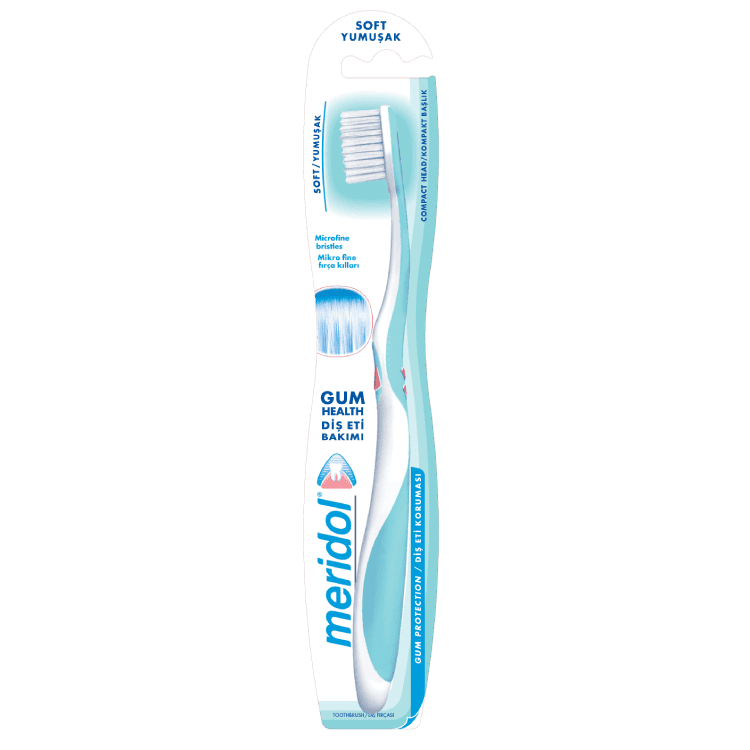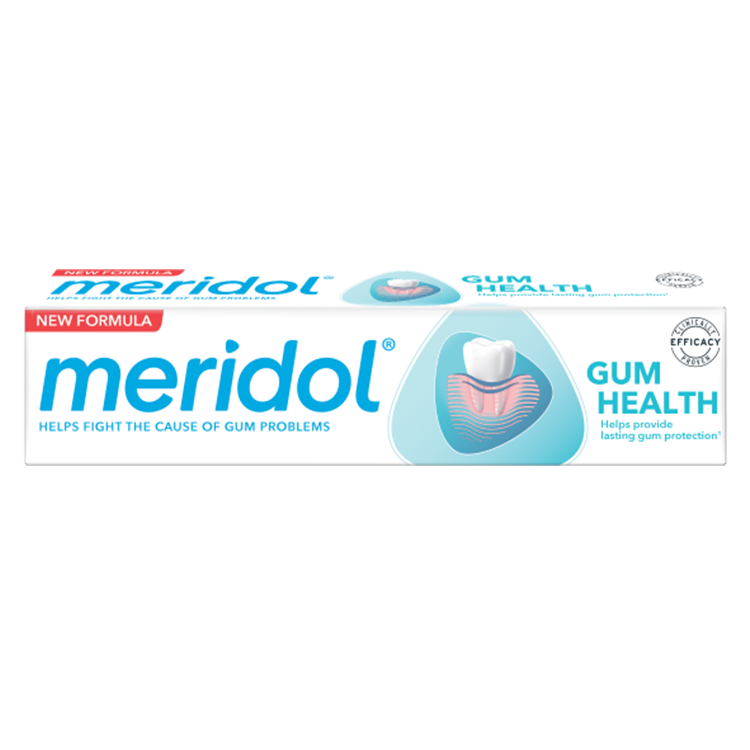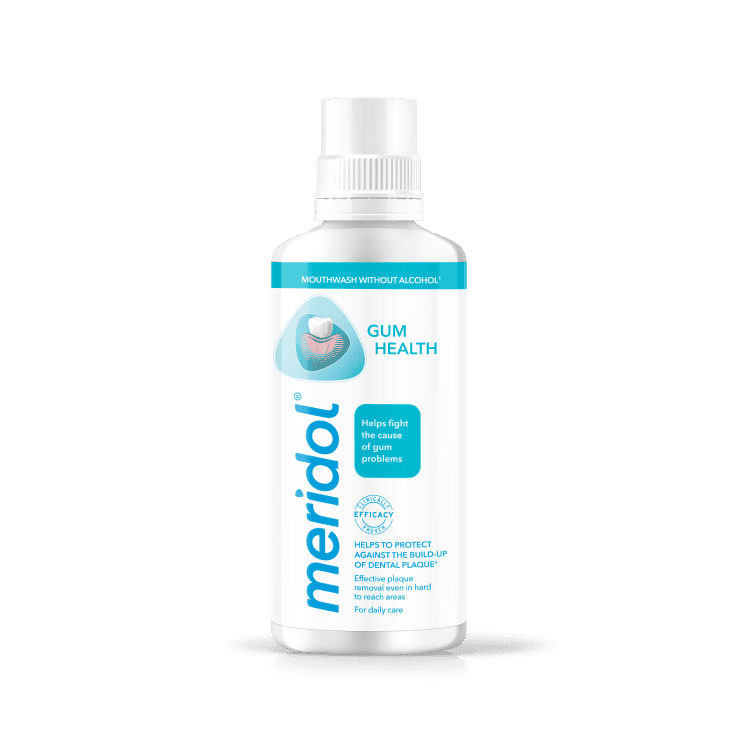This article will take you 2 minutes to read

Pregnancy changes many things - including your gums.
Hormonal changes during pregnancy soften the tissue in the oral mucosa and increase blood flow to the gums, often leading to swelling. This makes it easier for bacteria in plaque to thrive and cause gum inflammation, known as gingivitis. These inflammatory processes can potentially spread throughout the body, affecting both the mother and the child.
Can gum inflammation be harmful to the developing child?
Yes, gum inflammation, if left untreated, can be risky for the child. Research suggests that severe gum disease (periodontitis) may be linked to preterm birth and low birth weight. The inflammation associated with gum disease could also potentially influence the mechanisms that induce labor. Therefore, maintaining good oral hygiene and managing gum inflammation during pregnancy is important for both maternal and child health.
Can gingivitis resolve by itself?
Over time, the inflammation may extend to the supporting structures of the teeth (periodontitis), leading to the breakdown of connective tissue and bone. You can proactively protect yourself with diligent oral hygiene and by using a toothpaste designed to combat the causes of gum inflammation.
Detect gum problems early!
Gingivitis, or inflammation of the gums, is primarily caused by plaque bacteria. If not addressed, and if plaque is not thoroughly removed, gingivitis can become chronic. Without treatment, this inflammation can advance, damaging the supporting bone and potentially leading to tooth loss.
Watch out for these signs:
Prevention with the Meridol® system

1
meridol® Soft Toothbrush
Micro-fine bristles that are gentle on the gums

2
Prevents plaque and protects against inflammation.
meridol® Toothpaste
Fast-acting with long-lasting protection.

3
Rinse with an antibacterial mouthwash after brushing your teeth or in between.
Meridol® mouthwash
It neutralizes harmful bacteria and provides long-lasting protection against plaque formation.


